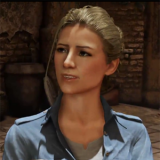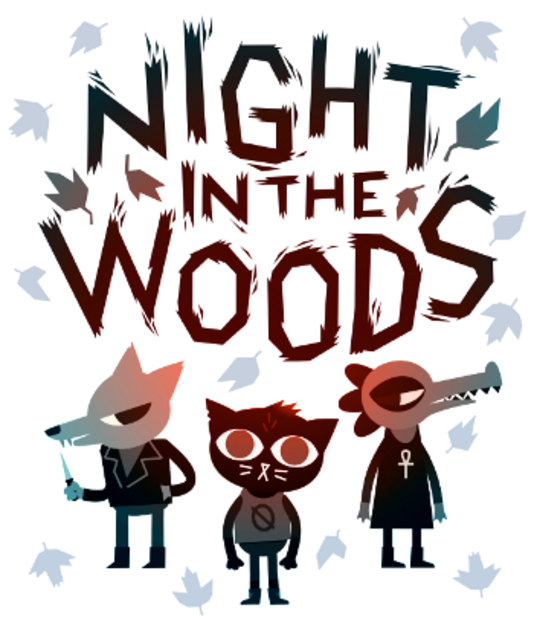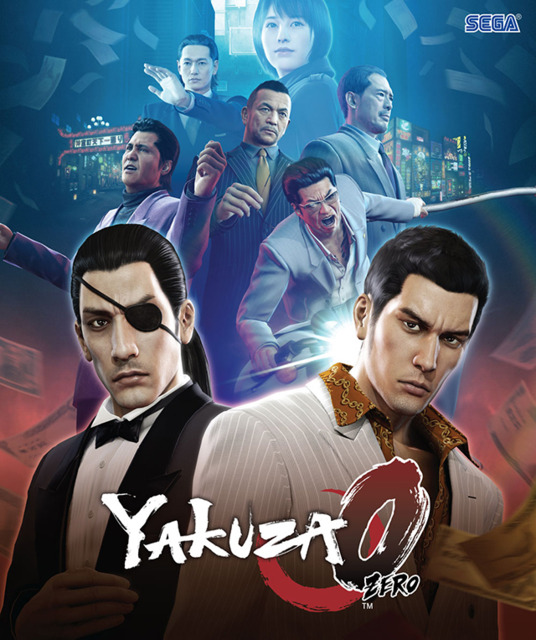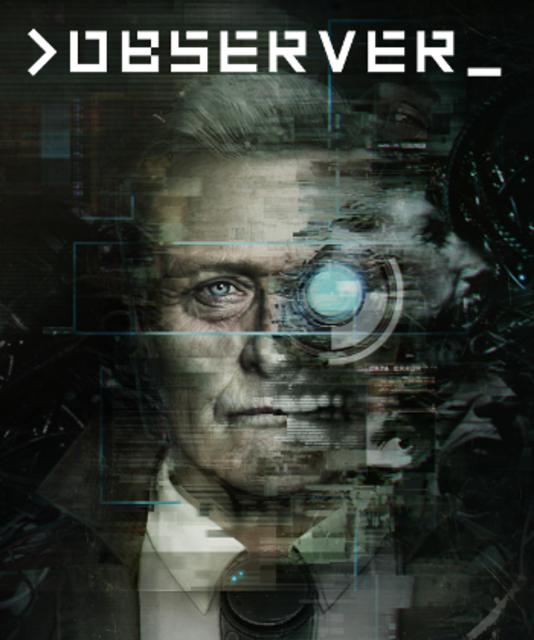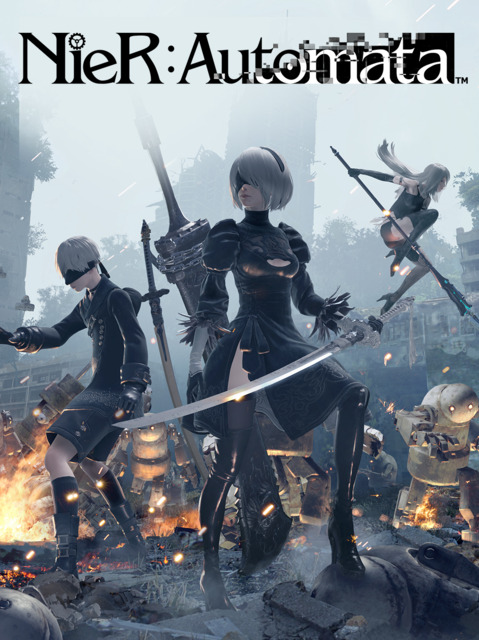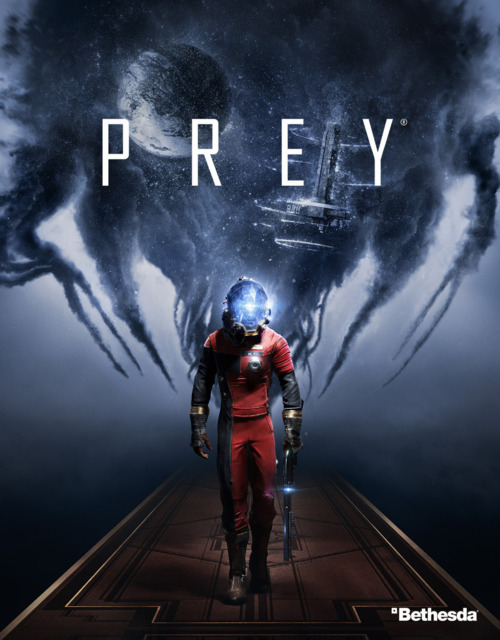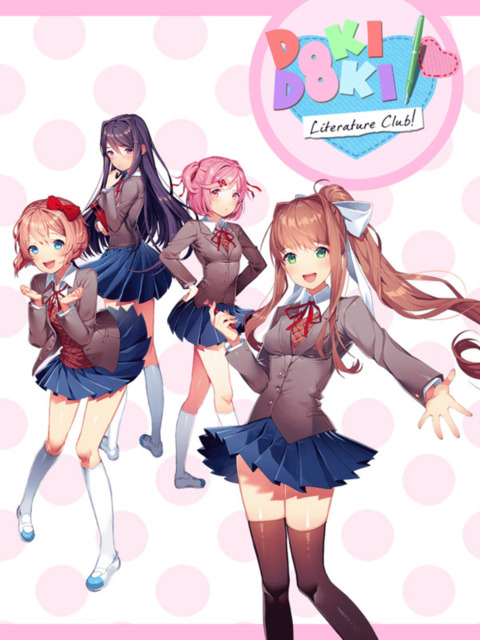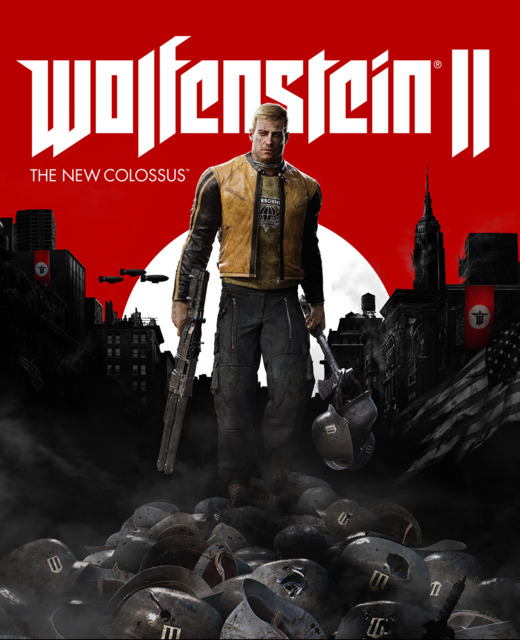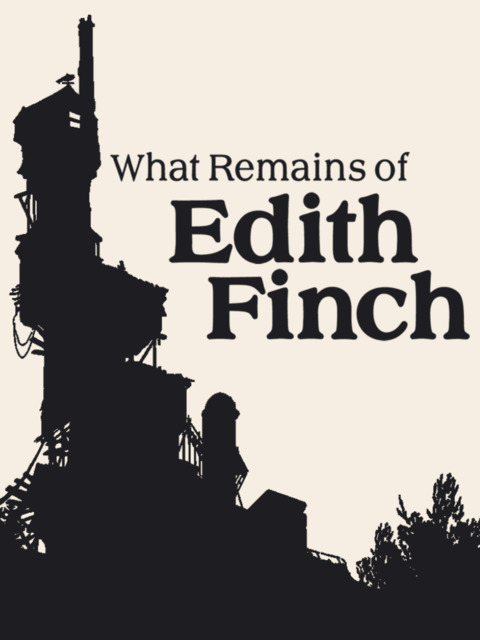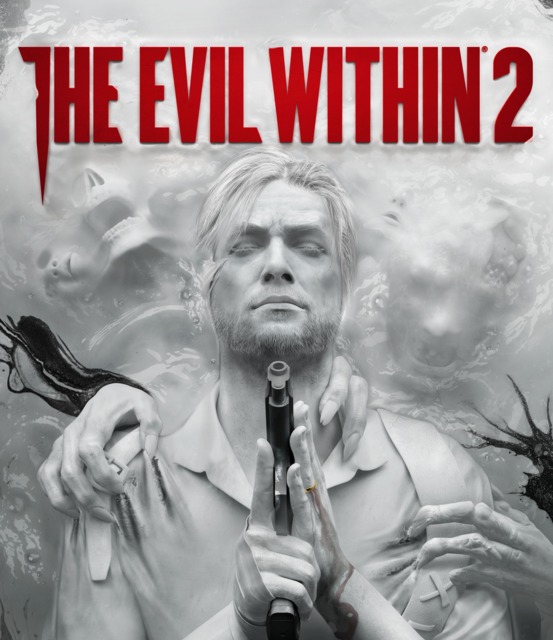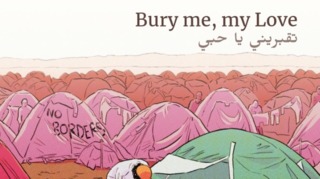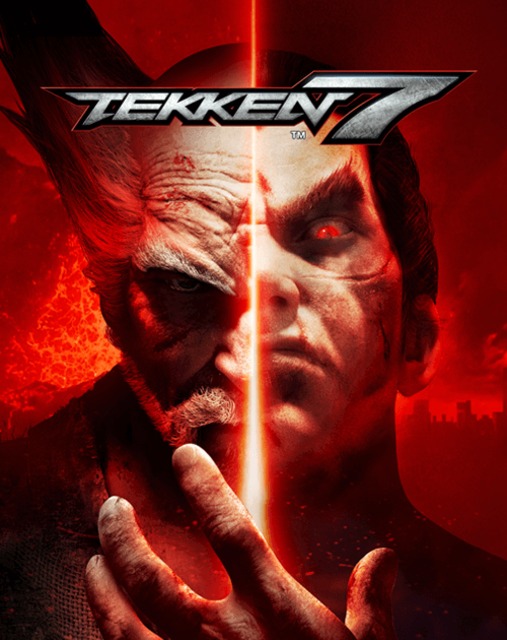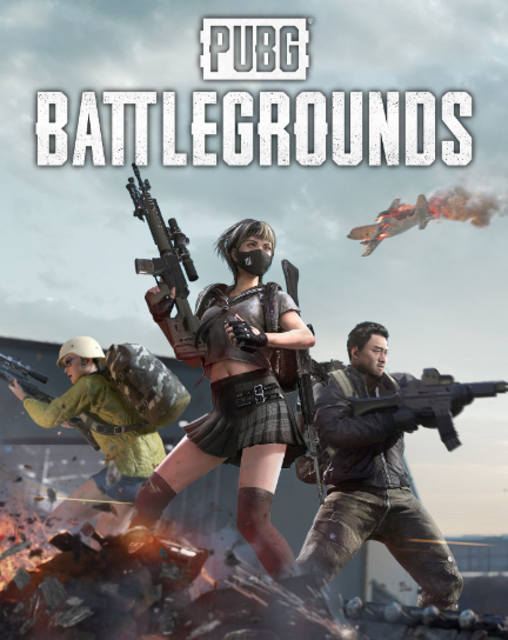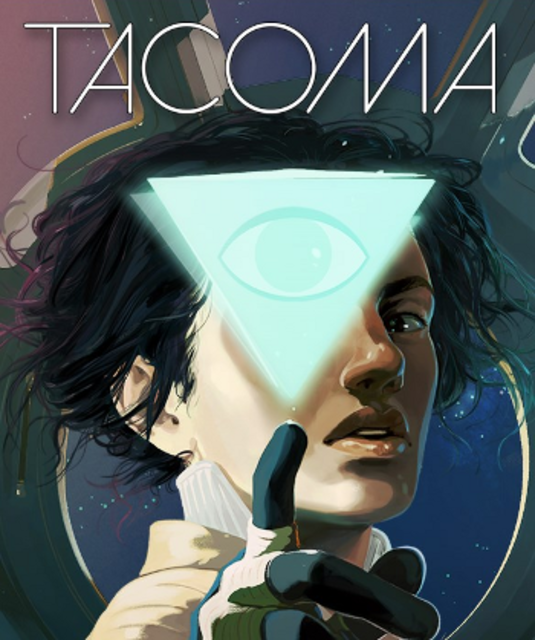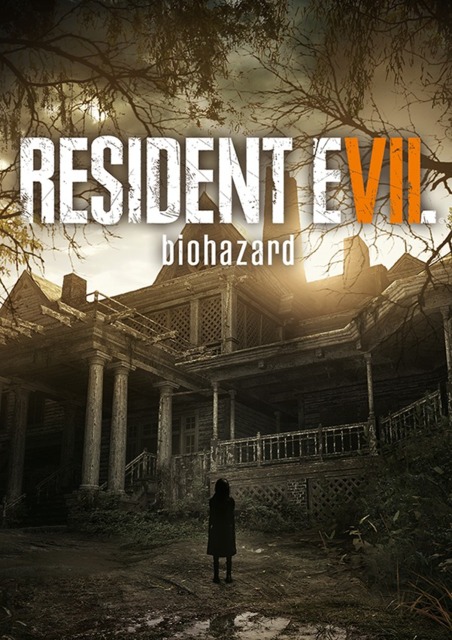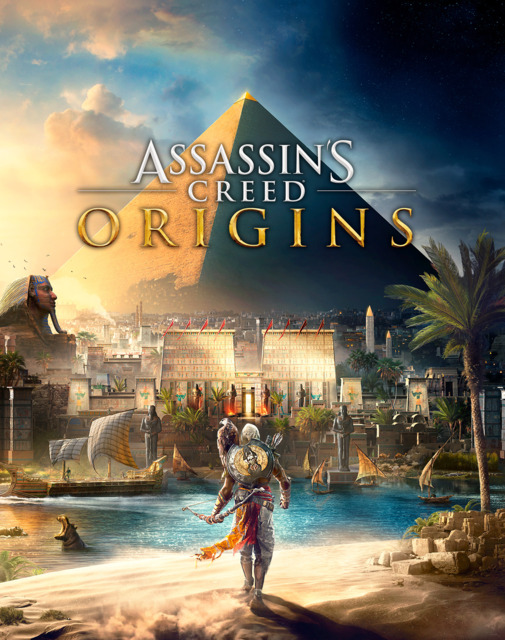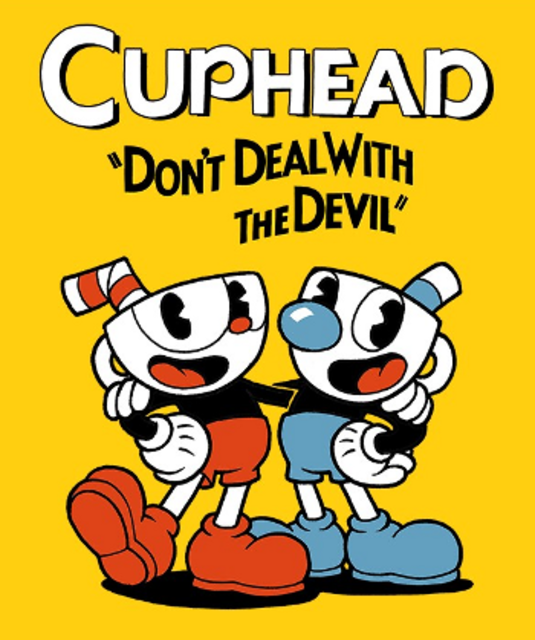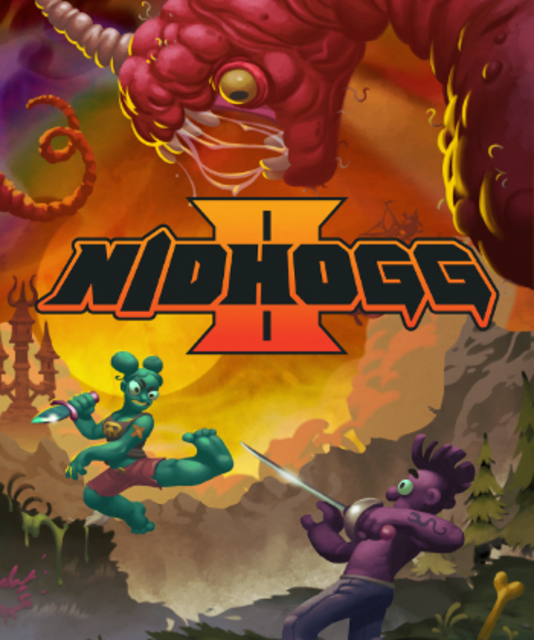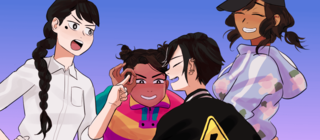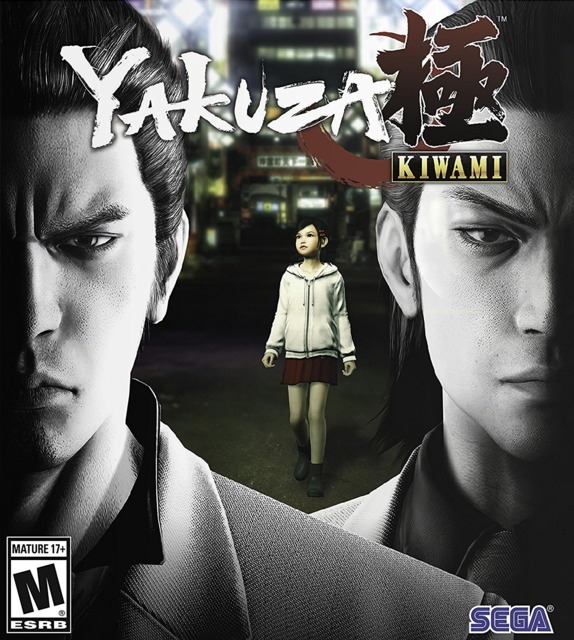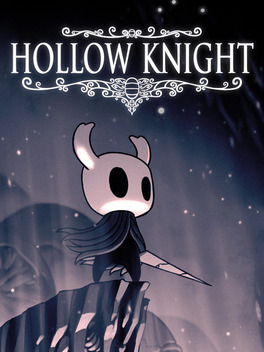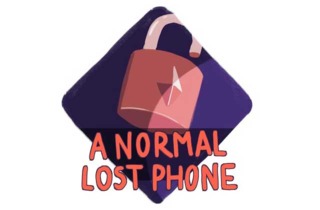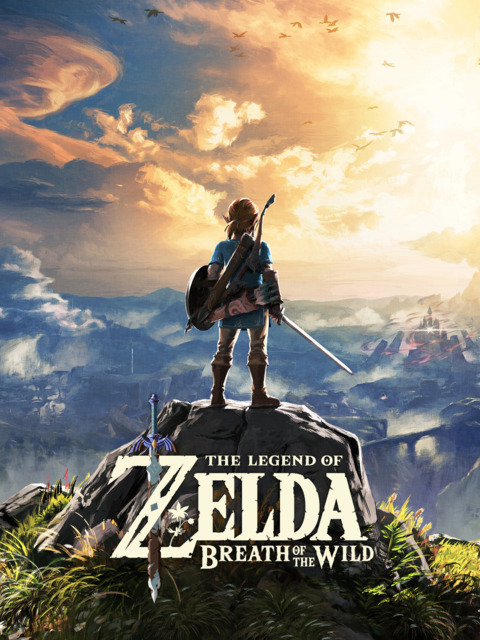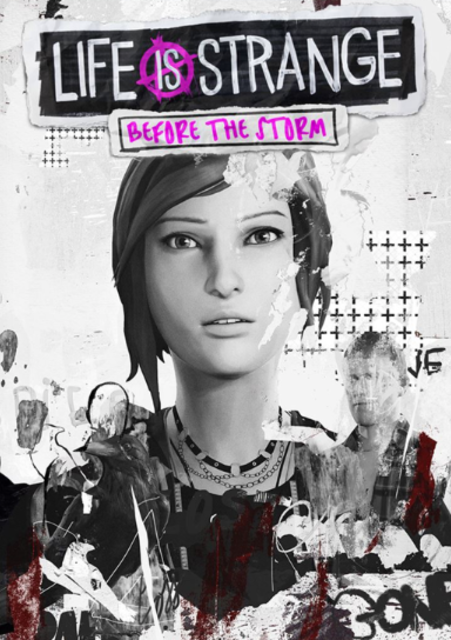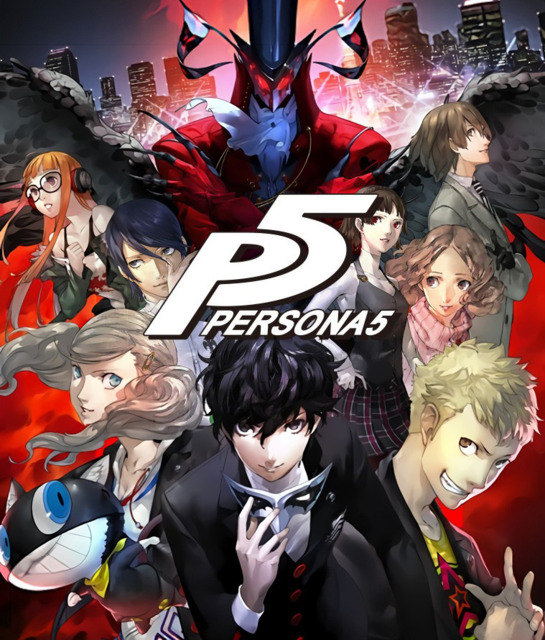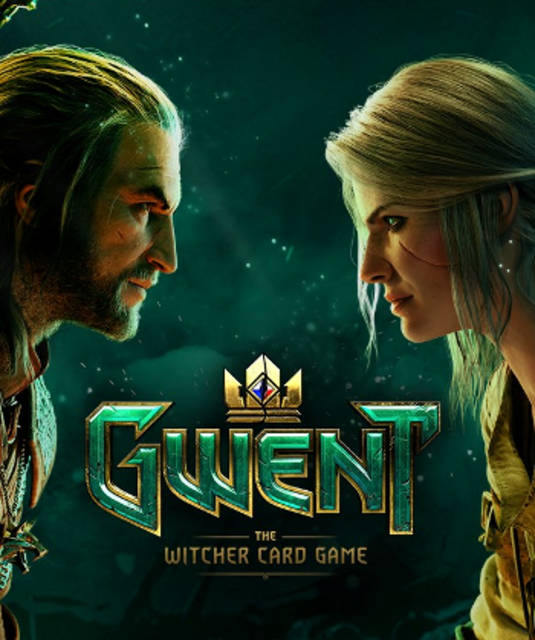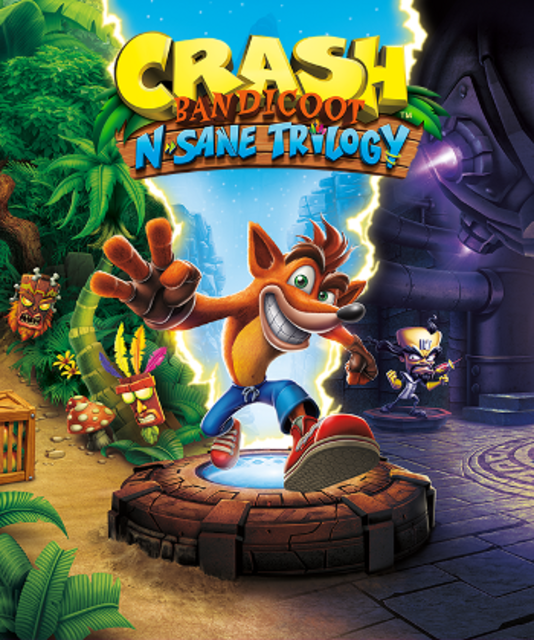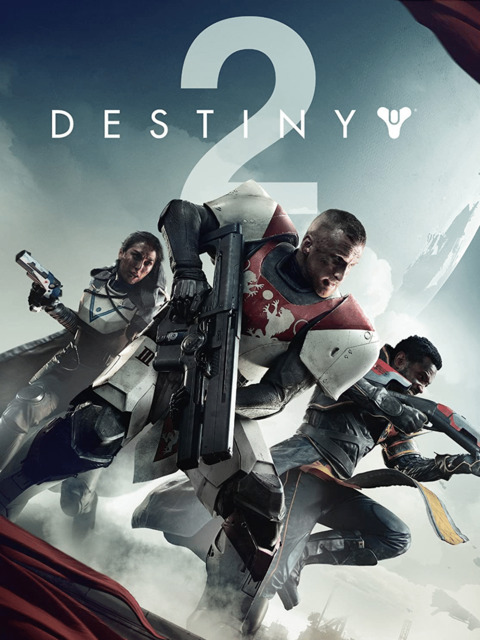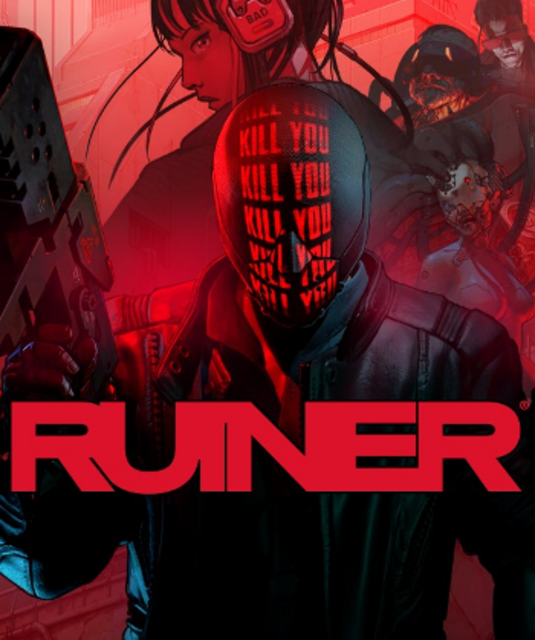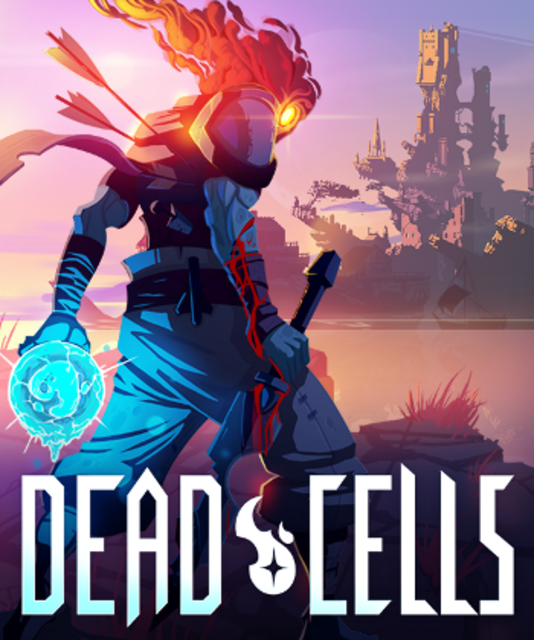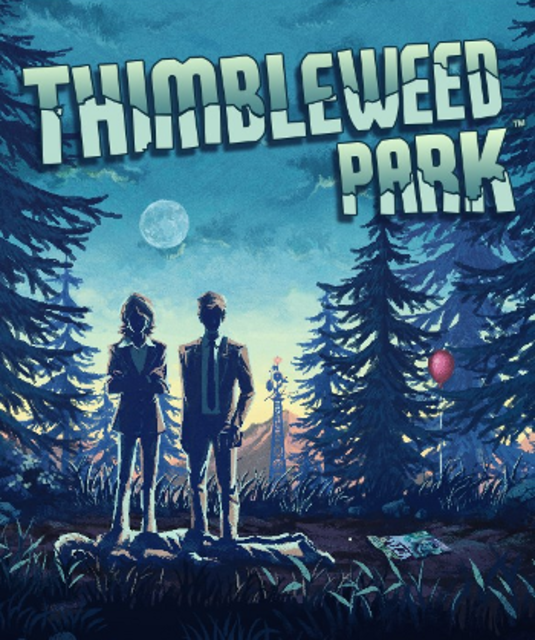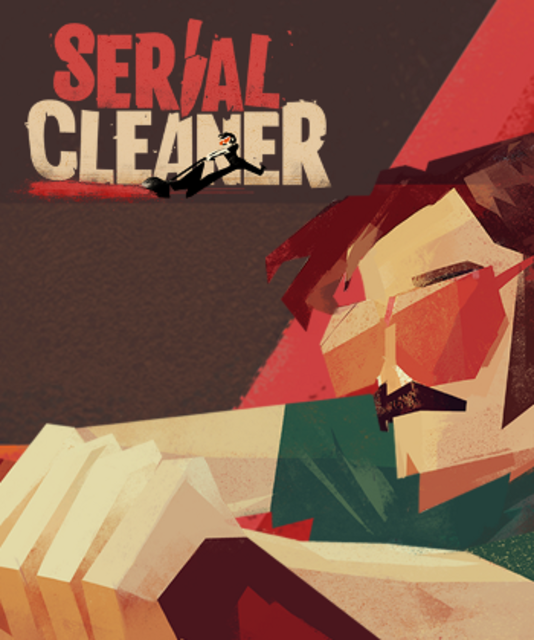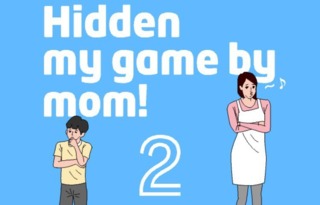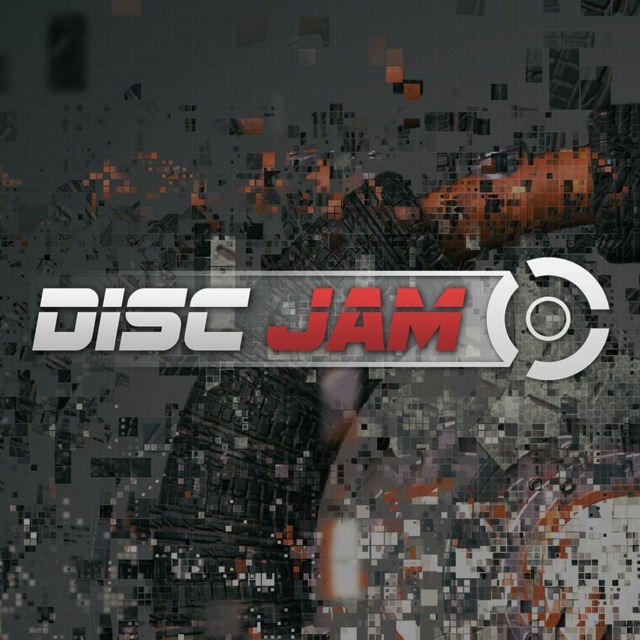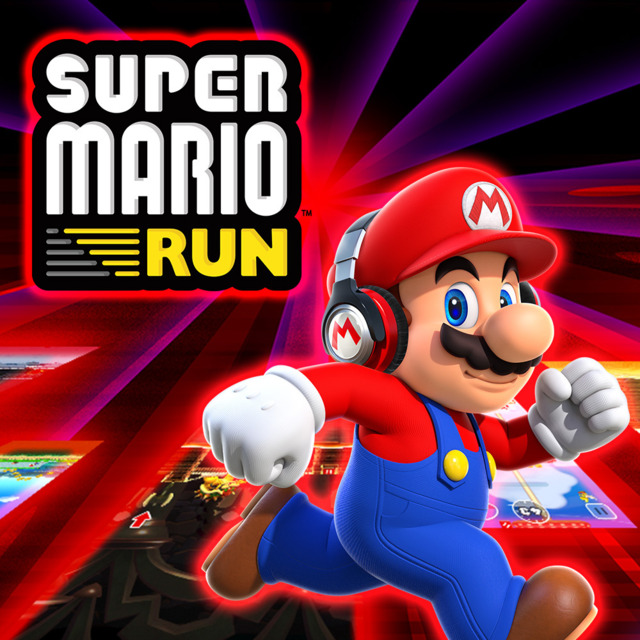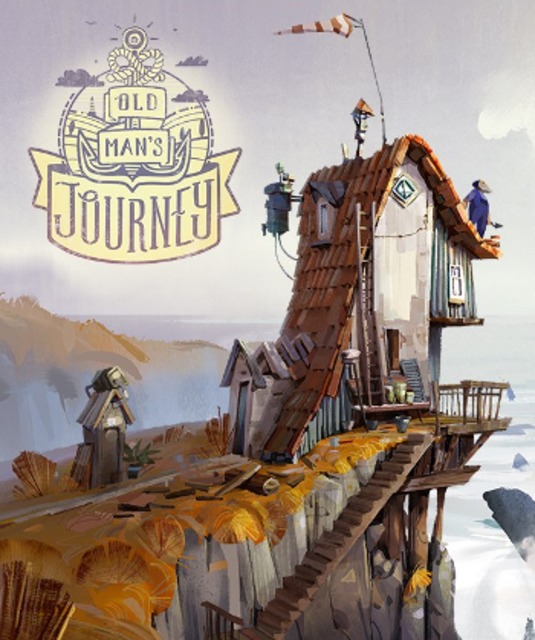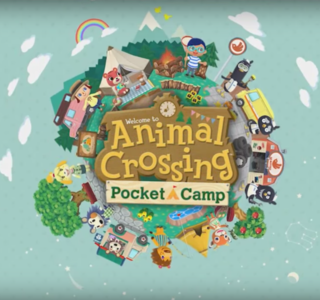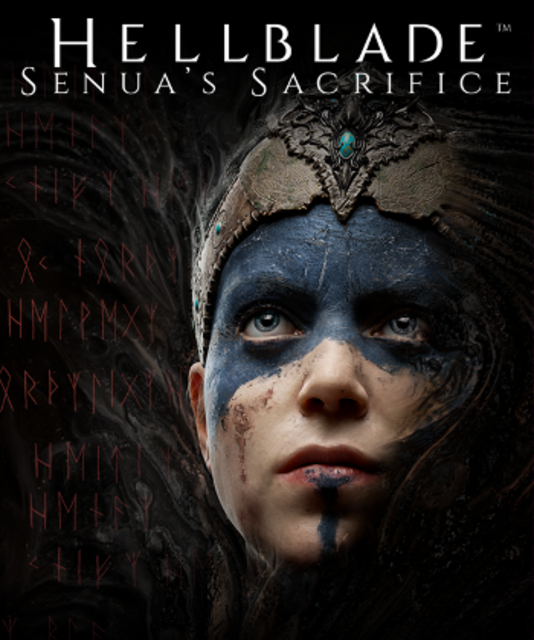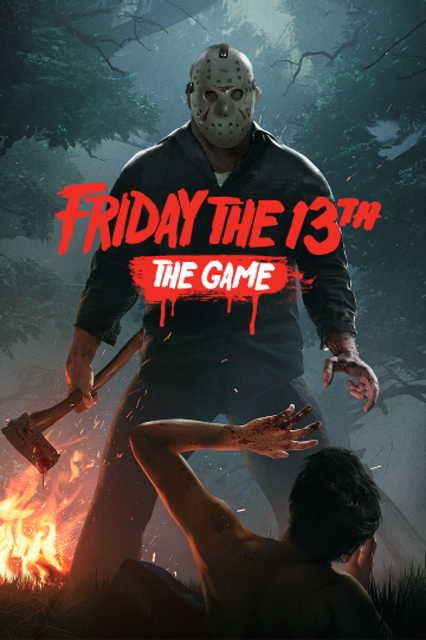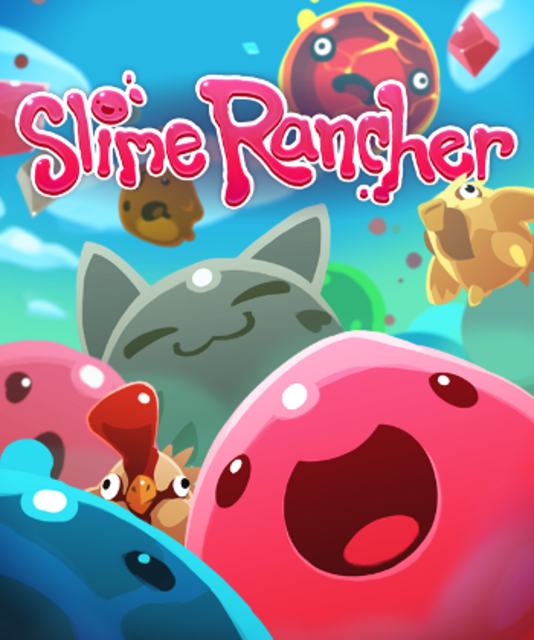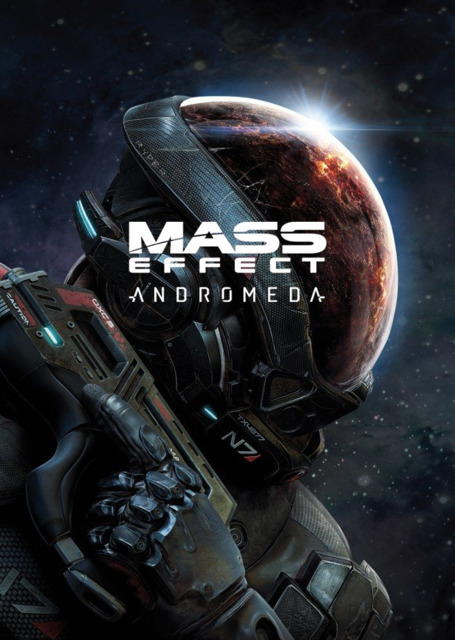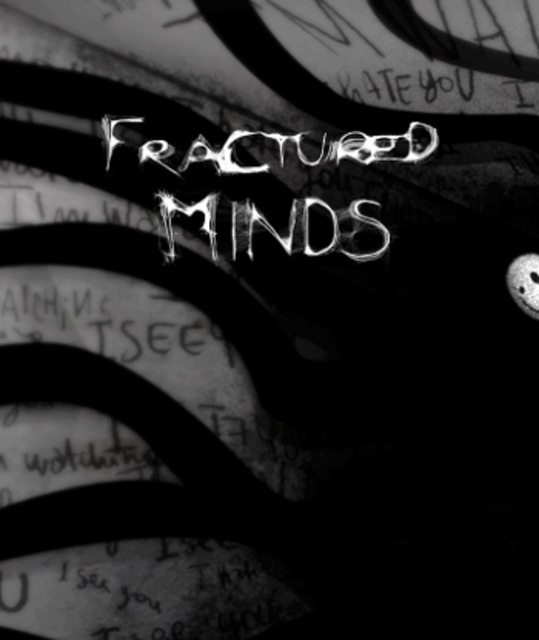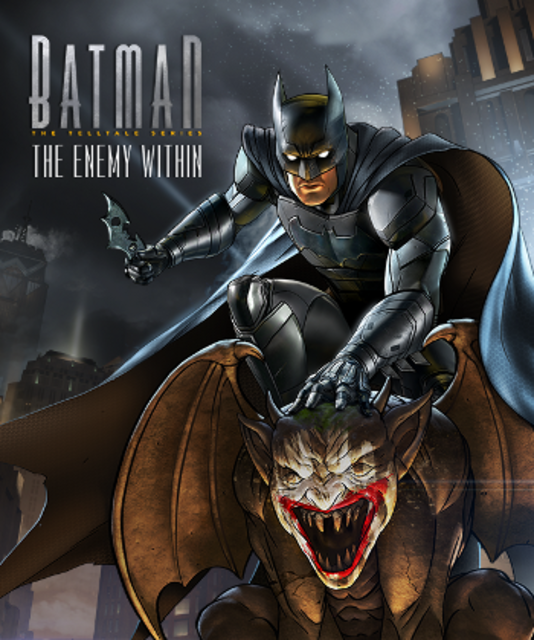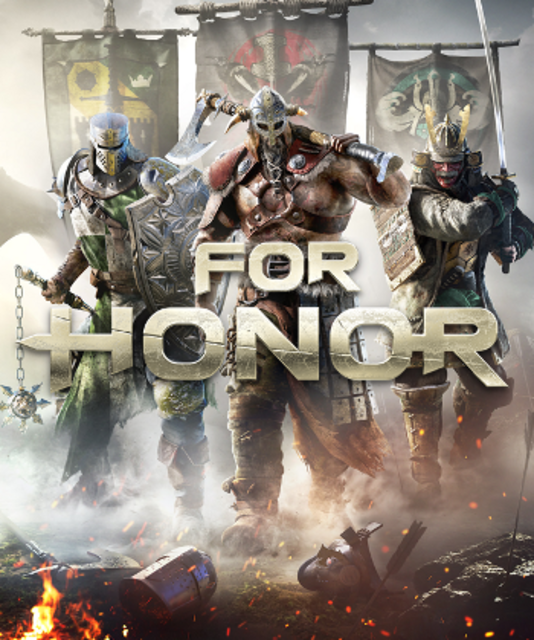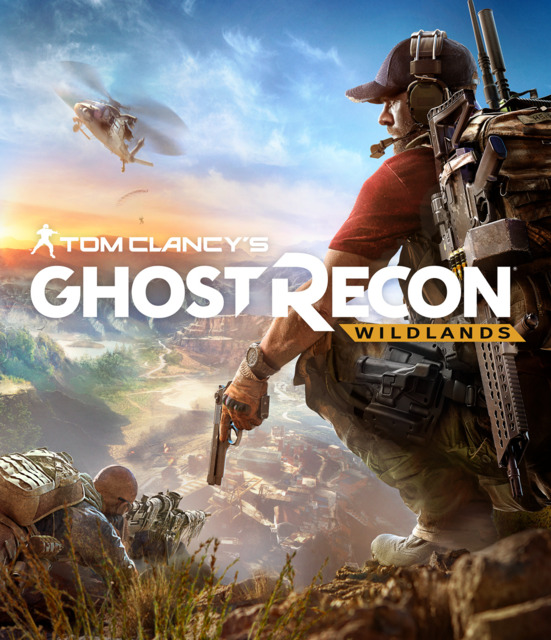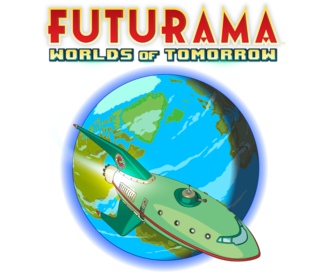Breath of the Wild is a good video game that promises more than it delivers.
Well, maybe that's not quite right.
Breath of the Wild is a good video game that leaves a wide space for potential interpretation; more than anything, it is a Zelda game about erasing the friction of traditional video games from the Zelda format. It features an expansive, yet quiet open world dominated by lush, empty space. Characters speak plainly about objectives and side-quests. Dungeons - now referred to as shrines - are designed to stick out from the rest of the world as much as possible, and have multiplied in number to the extreme. Every aspect of Breath of the Wild's world is intuitive, unlike, say, Elden Ring, in which decrypting the purpose and function of the space is an important aspect of the experience. In Breath of the Wild, you will understand almost everything in front of you perfectly after a single encounter, if not before. It's the most knowable open world in video games.
"Knowability" is an essential aspect of the game's design. Breath of the Wild's genius is that it features only a handful of primary mechanics, all of which are transparently video game-y, and all of which interface with a world that doesn't feel particularly video game-y. Breath of the Wild translates the core components of the Zelda series and integrates them into the generic form of the open world survival sim. Because the Zelda mechanics are so thoroughly carved into their most basic premises, the pieces fit neatly.
To put it more simply, you're still looking for cracks in the wall so that you can set off a bomb and explore a hidden cache, but this time the cracks in the wall are integrated into the design of the world in a naturalistic fashion. You're still doing 'old Zelda stuff' - you're just doing a lot *more* old Zelda stuff, in a more limited context, over a much greater series of hours.
Therein lies the problem. In smoothing the rough, video game-ass video game edges of the Zelda series to make it more closely resemble the form of other mega-huge open world titles, much of the old, anachronistic Zelda charm is lost. The fact that the world is reducable to a handful of interchangeable parts makes it feel small, even though it is, literally speaking, the biggest Zelda world yet.
Past Zelda titles were set within an semi-open world that nevertheless must be tackled somewhat linearly, due to the fact that aspects of the game world are locked behind move sets, weapons or tools which are awarded to the player as dungeons are completed. See a crack in the wall that a bomb could destroy? Well, you better find out where the Gorons live so you can unlock the bombs you need to get you there.
By contrast, Breath of the Wild allows the player to go basically wherever as soon as the game starts. This choice reinforces the 'adventure' aspect of the game in a broad sense, but it also limits gameplay and narrative potential. In a semi-linear open world game, the designers know precisely what the player can do, and can carefully adjust the challenge or subvert the player's expectations accordingly. If a player can do whatever whenever, every element of the game experience must be complete-able in any order, and that friction - well, what is this crack in the wall and what am I supposed to do about it - can't be allowed to exist. The granularity of the old Zelda games is by necessity done way with. The puzzle can't be 'what is this mechanism and how do I interface with it,' it has to be, 'ah, this is one of the six gameplay features in this game, I just need to figure out how to get there.' In making a game that so heavily favors the journey over the destination, Nintendo have made a kind of Legend of Zelda treadmill, in which the player completes one of several identical tasks again and again and again in only slightly different aesthetic contexts.
This choice has crucial narrative ramifications, as well. 'Anything can happen whenever' fundamentally alters the possibility space of an adventure story, limiting the toolset of the storyteller. In Breath of the Wild's case, the core conflict of each side story can be reduced to a binary state: [person or place] is being affected by Calamity Ganon vs. [person or place] is no longer suffering from the effects of Calamity Ganon. The limitations of the player's toolset - combat, climbing, crafting - mixed with the nonlinear world design led Nintendo to frame all of its subplots in a kind of fairy tale mode, where characters and their motivations are one-dimensional to more easily fit within Breath of the Wild's context.
Remember Keaton, that bizarre, lovesick kid from Majora's Mask? Keaton was this guy who fell in love with a woman right before the end of the world but, due to Zelda bullshit, was cursed to age backwards into a child, and was subsequently forced to live in obscurity as his fiancee watched the world end from her window, her wedding dress collecting dust in the corner. Remember the way towns would bustle with energy in Ocarina of Time when Link was still a child, only for them to be reduced to rubble as Link lept forward through time into adulthood? Hell, remember the way Midna's relationship with Link got gradually deeper and more complex throughout the course of that otherwise terrible game? Or the slow unveil of the nature of Wind Waker's waterlogged Hyrule?
None of these narrative beats are possible if any essential piece of information is discoverable at any given moment. Or, maybe better put - Nintendo did not seek to design a sufficiently meaningful narrative experience around its simplification of the Zelda formula. Breath of the Wild is bigger than past titles and frequently more pleasant to observe, but it has no ambition to convey any particular concept, no urgency to engage with the player. It's a little bit of Zelda for a *lot* of time. In Breath of the Wild, enemies perpetually respawn so that you can always fight them again whenever you want. Shrines, similarly, all fulfill the same basic design premise and provide the same reward. Explore, gather, craft, destroy, spend, explore. Again and again and again.
I have to believe that some players complete their 87th shrine, collect their 87th Zelda token (exchangeable for a nominal increase in health or stamina) and think to themselves, "that was worth doing 87 times!" This mode of interaction - casual consumption of repeated content - is probably the point. "I like this task, and I would like to do it as many times as possible," says the player. "Well, here you go!" exclaims Breath of the Wild, unveiling yet another shrine with yet another physics-based puzzle. Another lever, another ball, another guardian, another token, another heart piece.
Breath of the Wild is, basically, The Legend of Zelda: Vacation Mode, in which the world is an infinitely recyclable to-do list and the reward is 'more tools with which to complete the to-do list." Its potential to say or do anything cannot supercede that. Maybe defeating Calamity Ganon at the end of the game with all of the Divine Beasts active feels like a *moment* to some players, but after completing the game, the only thing I kept thinking about was, 'no one in this world even knows what the Calamity is. They don't seem to really care that much about it. *I* don't really care that much about it.'
Zelda is resurrected at the end of this game, and *instantly* upon being freed from 100 years of spirit captivity, announces that she has so much work to do. The camera zooms in to an image of one of the game's many photograph-able flora, one more element of the game world translated into a collectible that can be checked off of the to-do list. More work to do. More content to consume. Over and over, forever.
